I have a problem with running tshark in Java. It seems that packets arrive in bulk instead of truly real-time (as it happens when run from terminal). I tried a few different approaches:
ArrayList<String> command = new ArrayList<String>();
command.add("C:\\Program Files\\Wireshark\\tshark.exe");
ProcessBuilder pb = new ProcessBuilder(command);
Process process = pb.start();
BufferedReader br = null;
try {
//tried different numbers for BufferedReader's last parameter
br = new BufferedReader(new InputStreamReader(process.getInputStream()), 1);
String line = null;
while ((line = br.readLine()) != null) {
System.out.println(line);
}
} catch...
also tried using InputStream's available() method as seen in What does InputStream.available() do in Java?
I also tried NuProcess library with the following code:
NuProcessBuilder pb = new NuProcessBuilder(command);
ProcessHandler processHandler = new ProcessHandler();
pb.setProcessListener(processHandler);
NuProcess process = pb.start();
try {
process.waitFor(0, TimeUnit.SECONDS);
} catch (InterruptedException e) {
e.printStackTrace();
}
private class ProcessHandler extends NuAbstractProcessHandler {
private NuProcess nuProcess;
@Override
public void onStart(NuProcess nuProcess) {
this.nuProcess = nuProcess;
}
@Override
public void onStdout(ByteBuffer buffer) {
if (buffer == null)
return;
byte[] bytes = new byte[buffer.remaining()];
buffer.get(bytes);
System.out.println(new String(bytes));
}
}
None of the methods work. Packets always arrive, as if buffered, only when about 50 were sniffed.
Do you have any idea why this may be happening and how to solve it? It's pretty frustrating. I spent a lot of time looking at similar questions at SO, but none of them helped.
Do you see any errors in my code? Is it working in your case?
